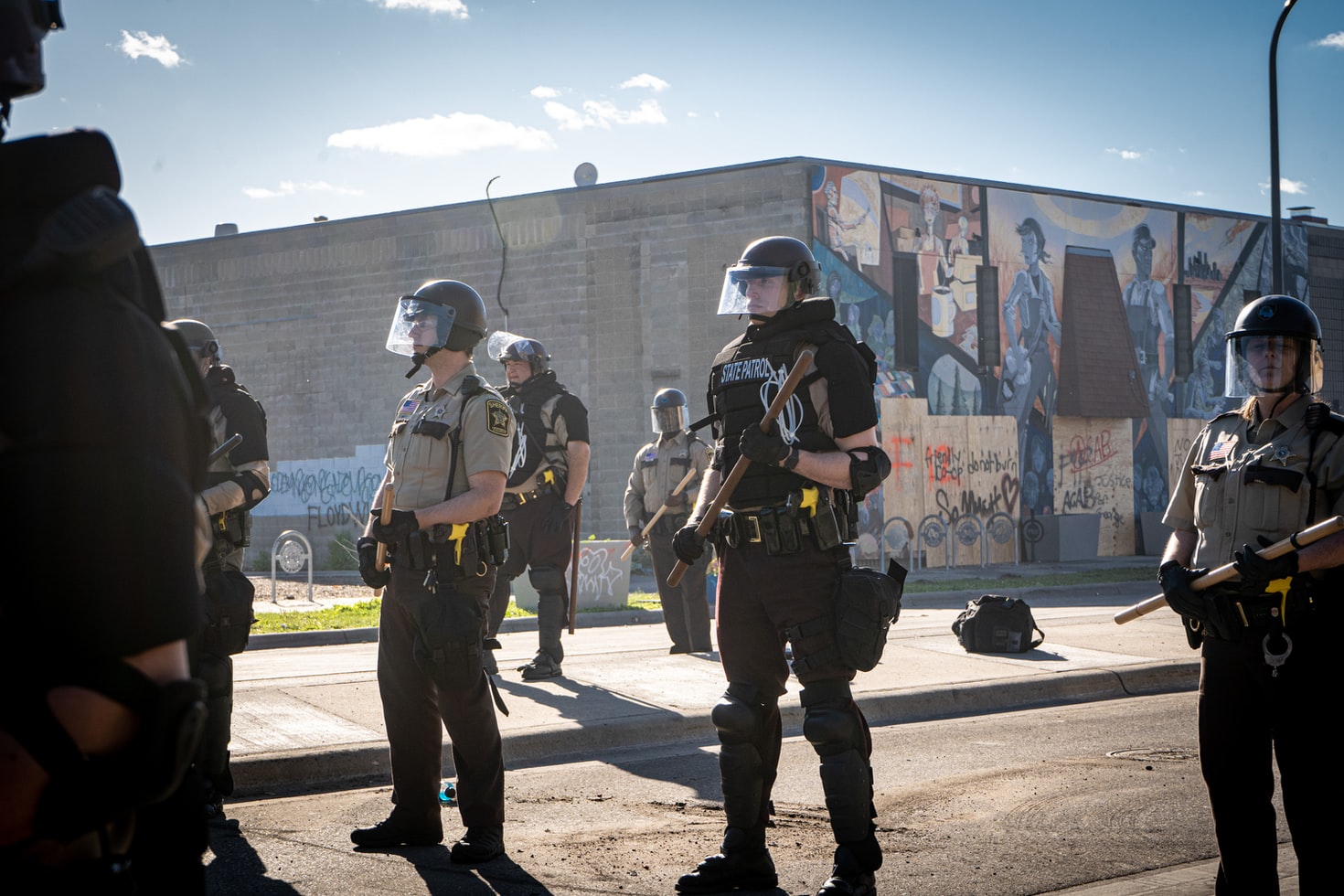There are three ways to complain against the brutality or misconduct of a police officer. An individual can utilize either one or a combination of these three methods. Do note, though, that a police department may not be able to conduct the necessary investigation while a pending criminal complaint against the involved officer exists.
If there is also a pending criminal charge against you, make sure to consult with your criminal defense attorney before filing a police misconduct complaint. You have the right to remain silent if you are a defendant but lose this when you make a complaint. This is why speaking with your lawyer can give you the best possible advice about filing a complaint against police brutality or misconduct.
For comprehensive information about each type of these complaints, read on.
1. Civil Suits
Civil suits require the police officers to be formally charged and witnesses to attend depositions. In this type of complaint, your attorney can request documents from the involved police officer and their employer and develop evidence from these. This process gives you more control compared to other types of police misconduct complaints.
Additionally, civil suits typically involve monetary settlements. This money can be of great help to you, which is why employing the help of a skilled lawyer can benefit you if you are a victim. You can use this money to pay for hospital bills, therapy sessions, and other necessities after experiencing abuse from a police officer. Obtaining money damages also helps send the message that such actions by law enforcers are unacceptable and should never be tolerated.
2. Criminal Complaints
Most cases of police misconduct involve violations of the law. For example, using unnecessary force during an arrest is considered criminal conduct.
However, police officers rarely get charged and are less likely to be indicted or convicted by juries. Some judges also give lighter sentences to police officers, citing their good deeds throughout their years of work. The system, unfortunately, favors police officers despite their committed crimes.
3. Internal Complaints
Most police departments accept complaints regarding their police officers. These are called internal affairs complaints and are typically investigated by fellow officers. Large police departments often have a separate division tasked with handling this type of complaint.
The investigation for this is entirely internal, and you are not given any information until the case has been concluded. Civilians do not have control over any part of the process, and investigators are less likely to listen to complainants. Unfortunately, most complaints filed by non police officers do not find faults, while those filed by superior officers are often sustained.
In cases where a fault has indeed been found, they are rarely for brutality or illegal arrest. This is because most police supervisors do not want their officers charged with violating constitutional rights since this may cause their department to be sued. Many law enforcement agencies would rather have their officers disciplined for other offenses.
In addition, complainants typically do not have the right to appeal a decision. Accused police officers, on the other hand, are allowed to appeal to an arbitrator, a court, or the Civil Service Commission.
Conclusion
Filing complaints against police brutality and misconduct is essential for seeking accountability from law enforcers and demanding that administrators improve hiring and supervision to prevent abuse of power.
If you are a victim, do not hesitate to reach out to an attorney who can guide you through the process of filing a complaint and asserting your rights.
Are you in need of wrongful arrest lawyers in New York? Turn to Ronemus & Vilensky. We take pride in providing top-notch assistance for cases involving personal injury, civil rights, medical malpractice, fire injury, traumatic brain injury, sexual harassment, and more. Get in touch with us today.
